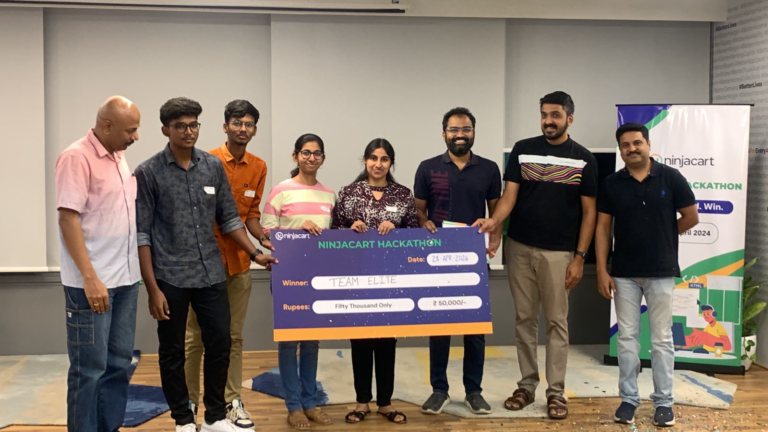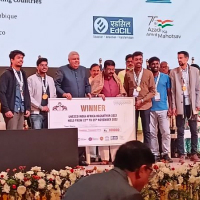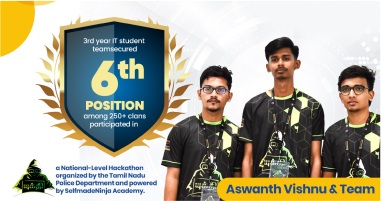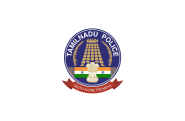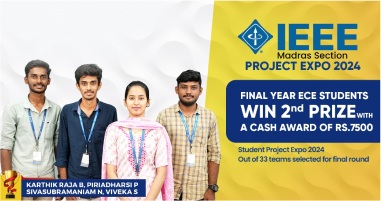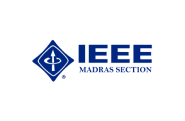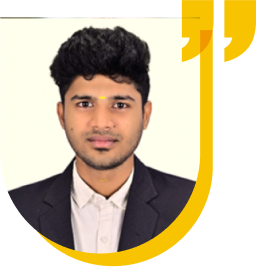ELECTRICAL & ELECTRONICS ENGINEERING
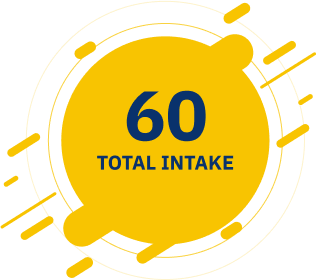
HIGHEST SALARY PACKAGE
NO OF RECRUITERS
TOTAL PUBLICATIONS
INTERNSHIP OPPORTUNITIES
PROGRAMME SCOPE
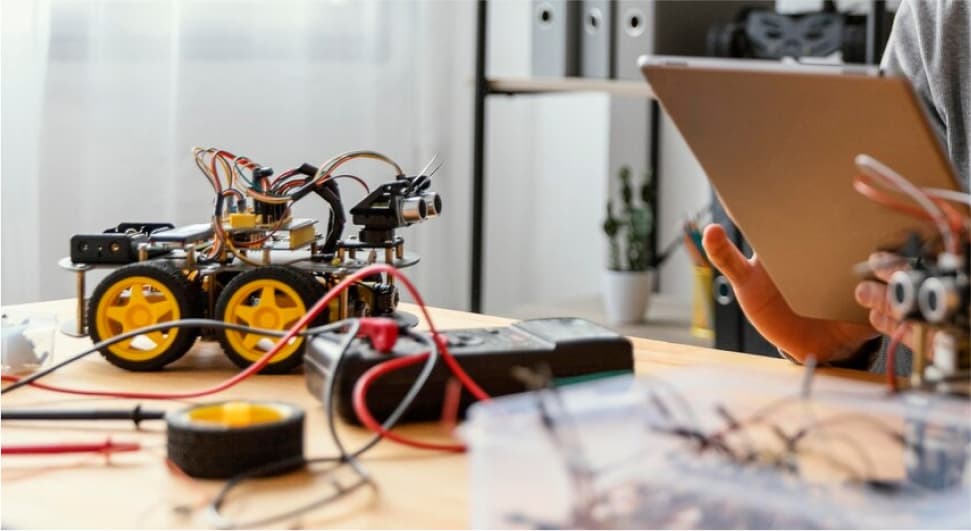

LEARNING SCOPE
CAREER PROGRESSION

VISION
MISSION
Evolve curriculum and delivery approaches to provide broad and wide exposure to gain knowledge in their field of study.
Provide opportunities to enhance domain knowledge and skills required for the programs offered.
Establish connections with local, national and global experts to share, utilize and exchange domain expertise.
Conduct Outreach activities for the society that involve the use of electrical engineering solutions to address societal challenges.
Create and provide conducive eco system and facilities for offering education related to electrical and electronics engineering.
PROGRAMME DETAILS
- PEO1: Graduates will take up careers in Electrical and Electronics Engineering like design and manufacture of Electrical and Electronic and its related systems and involve in carrying out engineering projects related to societal issues.
- PEO2: Graduates will engage in a post graduate program in the field of Electrical and Electronics Engineering Sciences and Management Sciences leading to academic and research careers.
- PEO3: Graduates will take up entrepreneurship as a career
- PO1: Engineering Knowledge: Apply the knowledge of mathematics, science, engineering fundamentals, and an engineering specialization to the solution of complex engineering problems.
- PO2: Problem Analysis: Identify, formulate, review research literature, and analyze complex engineering problems reaching substantiated conclusions using first principles of mathematics, natural sciences, and engineering sciences.
- PO3: Design / Development of solutions: Design solutions for complex engineering problems and design system components or processes that meet the specified needs with appropriate consideration for the public health and safety, and the cultural, societal, and environmental considerations.
- PO4: Conduct Investigations of Complex problems: Use research-based knowledge and research methods including design of experiments, analysis and interpretation of data, and synthesis of the information to provide valid conclusions.
- PO5: Modern Tool Usage: Create, select, and apply appropriate techniques, resources, and modern engineering and IT tools including prediction and modeling to complex engineering activities with an understanding of the limitations.
- PO6: The Engineer Society: Apply reasoning informed by the contextual knowledge to assess societal, health, safety, legal and cultural issues and the consequent responsibilities relevant to the professional engineering practice.
- PO7: Environment and Sustainability: Understand the impact of the professional engineering solutions in societal and environmental contexts, and demonstrate the knowledge of, and need for sustainable development.
- PO8: Ethics: Apply ethical principles and commit to professional ethics and responsibilities and norms of the engineering practice.
- PO9: Individual and Teamwork: Function effectively as an individual, and as a member or leader in diverse teams, and in multidisciplinary settings.
- PO10: Communication: Communicate effectively on complex engineering activities with the engineering community and with society at large, such as, being able to comprehend and write effective reports and design documentation, make effective presentations, and give and receive clear instructions.
- PO11: Project Management and Finance: Demonstrate knowledge and understanding of the engineering and management principles and apply these to one’s own work, as a member and leader in a team, to manage projects and in multidisciplinary environments.
- PO12: Life Long Learning: Recognize the need for, and have the preparation and ability to engage in independent and life-long learning in the broadest context of technological change.
- PSO1: Design, analyse and control the energy conversion systems and power systems integrated with renewable energy ensuring sustainable and ethical engineering solutions.
- PSO2: Design, implement and optimize embedded systems and PLC for industrial automation ensuring the development of efficient, reliable and advanced automation solutions.
3 pdf comes here
PDF comes here
PDF comes here
Corporate ADVISORY BOARD
The Corporate Advisory board provides guidance and strategic input for curriculum development.
Mr.Sampath Kumar

Mr.V.Narayanan

Dr.S.Paramasivam
ESAB, Chennai.

Mr.Samson Amalkumar
Frankfurt, Germany
Mr.R.Ramamoorthi

ENHANCED LEARNING
LABS
- Electric Circuits and Devices Laboratory
- AC & DC Machines Laboratory
- Power Electronics Laboratory
- Control Systems Laboratory
- Embedded systems and IOT Lab
- Measurements and Instrumentation Laboratory
- AI Integrated Power Systems Lab
- Engineering Practices Lab
- Programming Languages Laboratory(C,C++,Java)
- Data Structures Laboratory
COES
- COE in Electronics Design and Automation
- COE in Robotics and Factory Automation
- COE in Smart Grid and Power Quality
VALUE ADDED COURSES
- PCB Design and Prototyping
- Mastering Micrcontrollers
- IoT Device Integration and Cloud Connectivity
- UI/UX Design using Figma
- Mastery in Prompt Engineering
- Data Visualization and Exploration using PowerBI
- Robotics and Autonomous Systems
- Exploring AR/VR
INNOVATIVE TEACHING
- Integrated Digital Simulation and Hardware Verification
- Model-based Learning.
- Practice with Virtual Lab
- Simulation based Teaching
- IOT Simulation using TinkerCAD
- In-class MATLAB Simulation
- Project based Assignments
- Open-ended assignments
Head of the department
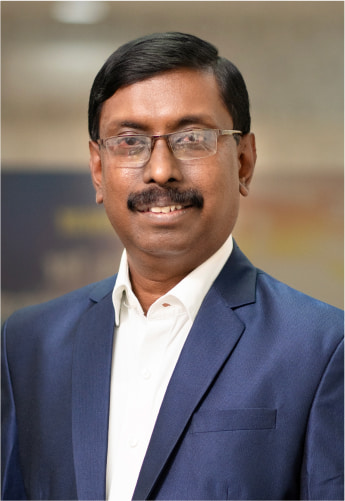
Dr.Rajan Babu
FACULTY MEMBERS
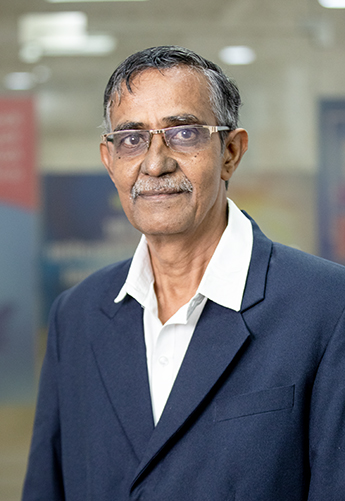
Dr.V.Chandrasekaran
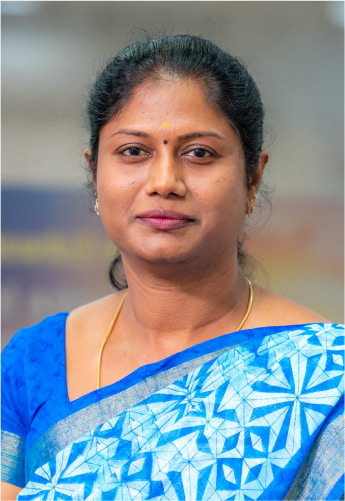
Dr.D.Gunapriya
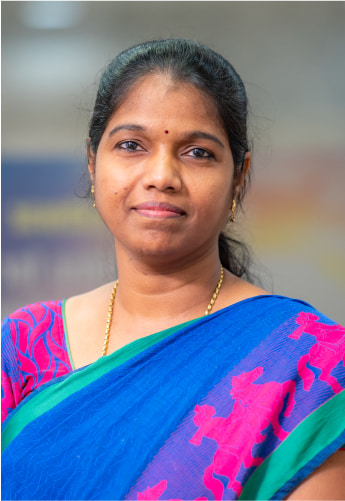
Dr.M.Geetha
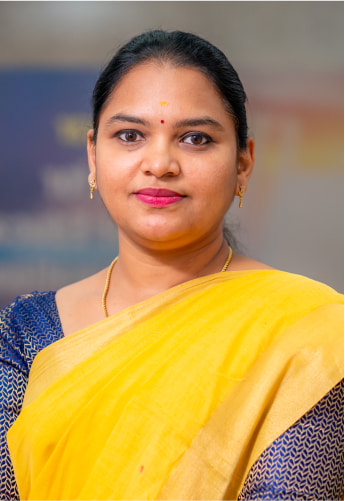
Dr.N.Pushpalatha
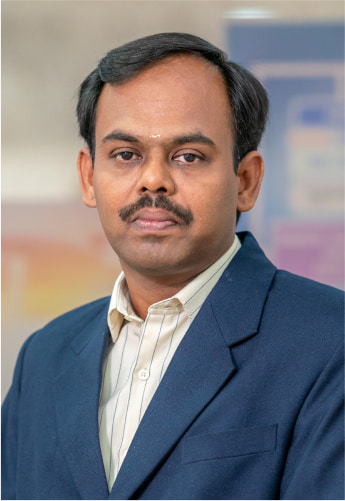
Mr.B.Hemananth
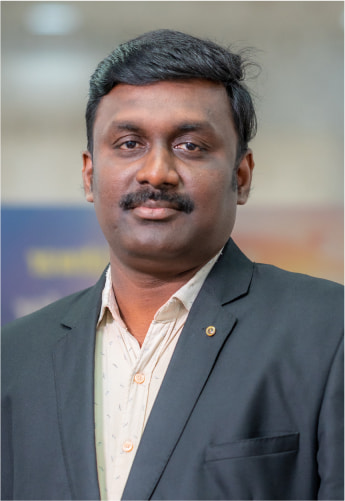
Mr.R.Premkumar
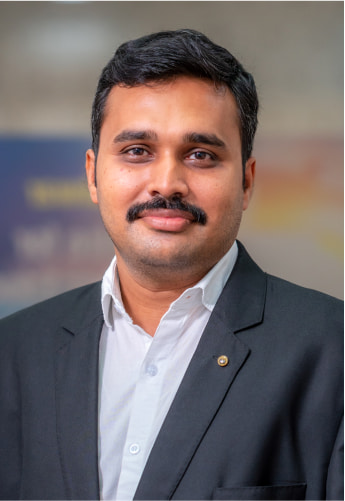
Mr.S.Sheikameer Batcha
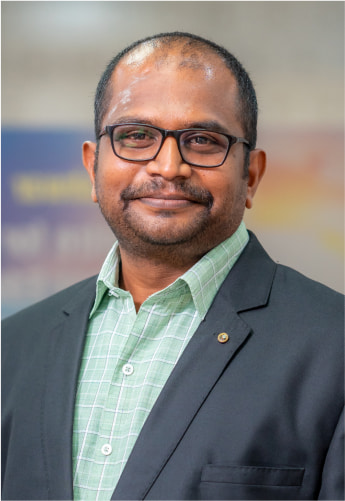
Mr.R.Hariharan

Mr.P.Anbarasu
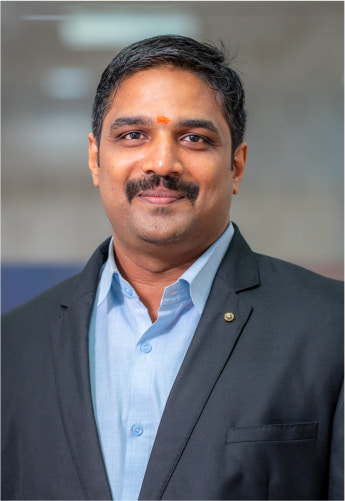
Mr.K.Raj Thilak
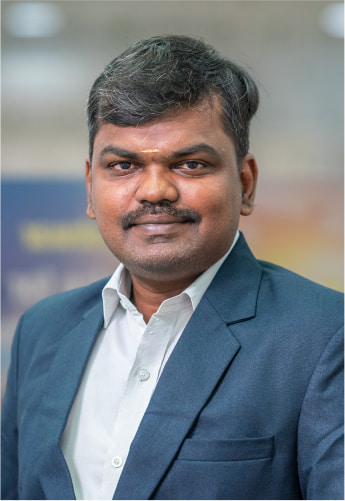
Mr.C.Mohan Raj
RESEARCH
Sri Eshwar encourages members of faculty to seek support and secure research funds from industry and various funding agencies such as DST, AICTE, TNSCCT, MHRD, CSIR, DRDO, ISTE, Industry etc to develop research facility and to carry out research projects. The Institute also supports by sponsoring seed fund to the departments to set up research laboratories and promote research.
AU APPROVED
RESEARCH
supervisors
research
facilities
Publications
patents
research
grants &
seed funds
consultancy projects
INDUSTRY COLLABORATION
Sri Eshwar encourages members of faculty to seek support and secure research funds from industry and various funding agencies such as DST, AICTE, TNSCCT, MHRD, CSIR, DRDO, ISTE, Industry etc to develop research facility and to carry out research projects. The Institute also supports by sponsoring seed fund to the departments to set up research laboratories and promote research.
mous
industry
visits
internships
coe
activities
projects
AWARDS AND ACHIEVEMENTS
RECRUITERS












ALUMINI TESTIMONIALS
The Department of Computer and Communication Engineering has equipped me with both theoretical knowledge and practical skills, preparing me for real-world challenges in the tech industry. The supportive faculty and hands-on projects fostered an environment where I could thrive and innovate. Proud to be a graduate of such a dynamic and forward-thinking department.
R.Hari Nikesh
2022-23 Batch, Quinbay Technologies
EEE OFFICE
Kondampatti [Post], Vadasithur (via),
Coimbatore – 641 202, Tamil Nadu, India
Email: [email protected]



